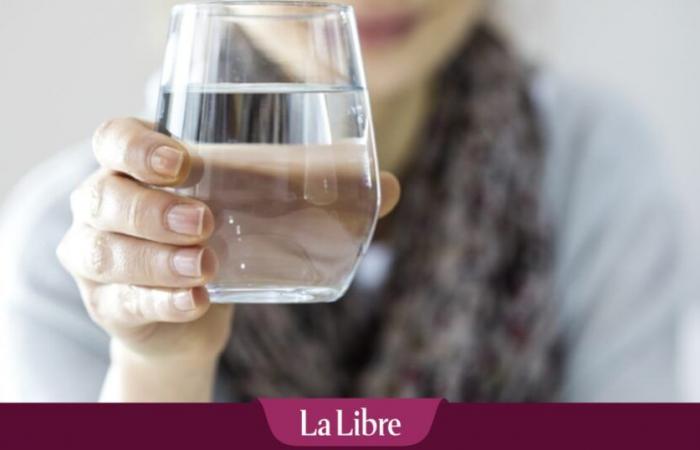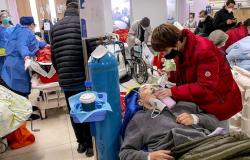Sébastien, a 28-year-old from Namur, has been doing Dry January – the alcohol-free month in January – for five or six years. “I do it mainly to rest my body“, he confides.
What if, in 2025, we made our only resolution to be happy? Our tools and advice to achieve this
More energy in the morning
Sébastien has two objectives: “I’m going to try to lose a little weight and get some restful sleep.“Even if he is not convinced he can complete the first without doing sports on the side, he feels the effects on his sleep from the first days of his abstinence. He explains: “I am in good shape in the morning to go to work. I feel like I have a lot more energy.“
He admits: “The most difficult thing during this month is the social pressure and the temptations coming from my friends who never hesitate to tell me ‘come on, just have a drink’.“To avoid giving in to temptation, he has his little trick: alcohol-free beer. He now sees the party from another angle, so much so that even after his month without alcohol, Sébastien feels more ready to have evenings without a drop of ethanol.
A lasting impact
The objective of the precursors of these alcohol-free months is to have a lasting influence on the participants. For Martin de Duve, director of Univers santé (UCLouvain), the non-profit organization which now oversees the French-speaking part of the Mineral Tour organized every February in Belgium, “the idea is not to ban alcohol in general, but simply to take a break from its consumption to check your relationship with alcohol and to feel some benefits“.
He cites a study from the University of Ghent which showed that the average alcohol consumption of participants in the Mineral Tour still decreased by 20% after the month of abstinence.
Benefits after a month
Among the short-term benefits pointed out by Martin de Duve, who is also a public health expert and alcoholologist, there is a reduction in skin problems (less sebum, less eczema, less redness around the nose, etc. .), the reduction of stomach heaviness and the improvement of intestinal transit, a positive effect on the cardiovascular system (reduction in blood pressure and a reduction in the risk of stroke) and there is also a positive impact on the quality of sleep, mental health and social relationships.
Alcohol: what if we let our liver recover? A specialist explains to us all the risks of consumption
He adds: “We also see that a break in its consumption of just one month already allows the liver to defat a little.“Multiple benefits which, according to the director of Univers santé, “contribute overall to improving the public health of Belgians“.
A great success in Belgium
Enough to motivate them to join the 1.5 million followers in the country. With a participation rate of 20% of adults in 2024, the Belgian alcohol-free month is the one which is the most successful compared to other countries which organize it such as France, England or even Canada. “Maybe because we officially organize it in February which is the shortest month“, jokes Martin de Duve.
Beyond the joke, the alcoholologist welcomes the success that this type of operation has had among Belgians who drink on average twice too much, according to him.
An Alcohol Plan? Just a little water in the wine
More generally, Martin de Duve hopes that the political world will take greater interest in this problem from 2025 after the launch in 2023 of the Alcohol Plan which is for him.an empty shell“. He concludes: “Again, the idea is not to eradicate the product, but to ensure that the Belgian state is no longer complicit in the overconsumption of alcohol in the country.“






